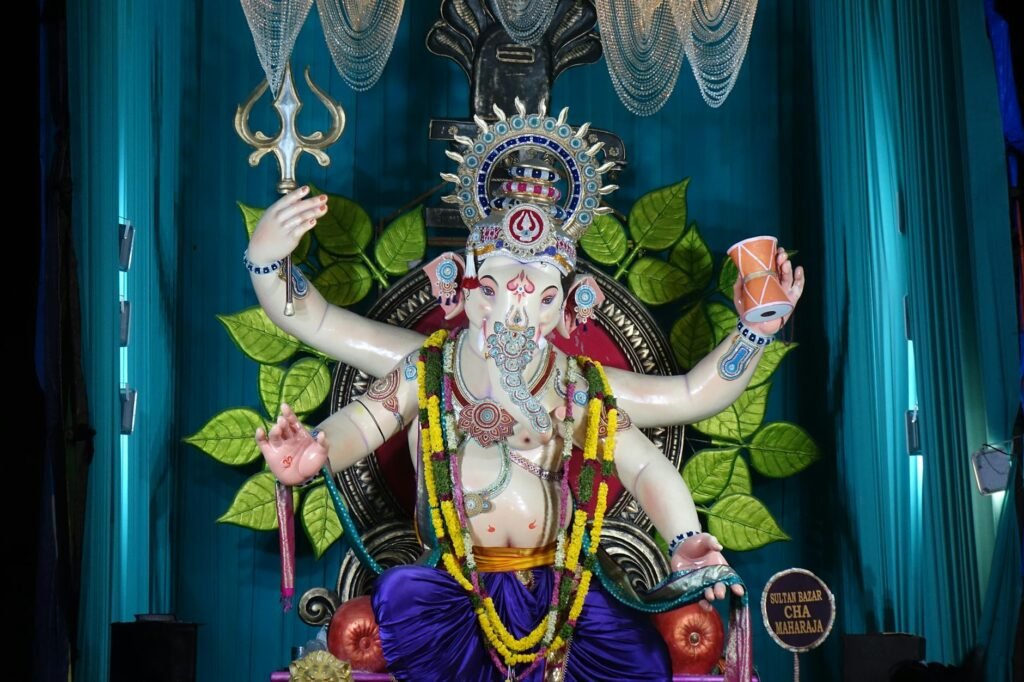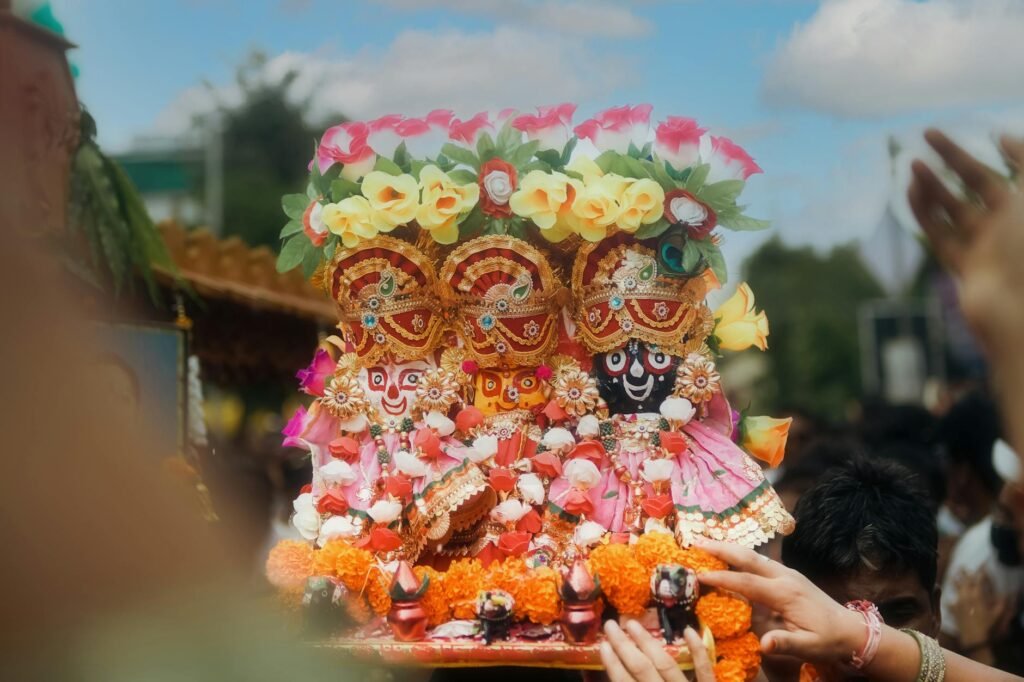Devatas, the divine beings in Hindu mythology, represent a vast and intricate pantheon. Their roles, powers, and relationships weave a rich tapestry of stories, rituals, and philosophical concepts. Understanding the Devatas provides a key to unlocking a deeper appreciation of Hindu culture and spirituality.
The Trinity (Trimurti)
At the heart of the Devatas lies the Trimurti: Brahma the creator, Vishnu the preserver, and Shiva the destroyer. These three deities represent the cyclical nature of existence, constantly creating, maintaining, and transforming the universe.  Each member of the Trimurti has their own complex iconography and associated myths, exploring themes of creation, dharma, and liberation. Learning about Vishnu’s avatars is key to understanding his role as preserver.
Each member of the Trimurti has their own complex iconography and associated myths, exploring themes of creation, dharma, and liberation. Learning about Vishnu’s avatars is key to understanding his role as preserver.
Major Deities and Their Consorts
Beyond the Trimurti, a multitude of powerful Devatas hold significant roles. Devis, or goddesses, often hold equal or even greater prominence alongside their male counterparts. For instance, Parvati, the consort of Shiva, represents divine energy and motherhood. Lakshmi, the consort of Vishnu, embodies wealth, prosperity, and good fortune.  The relationship between these divine couples offers insight into the complex dynamics of cosmic balance and harmony. For more information about goddesses, check out this academic paper.
The relationship between these divine couples offers insight into the complex dynamics of cosmic balance and harmony. For more information about goddesses, check out this academic paper.
Regional Variations and Local Deities
The pantheon of Devatas isn’t monolithic. Regional variations and local cults have flourished over centuries, resulting in a vast diversity of deities and practices. Gram devatas, village deities, often represent localized spirits or aspects of nature. These local traditions add layers of complexity and richness to the overall understanding of the Hindu faith. A fascinating example is the worship of Ganesh, the remover of obstacles, whose popularity spans various regions.
Devatas in Daily Life
Devatas are not merely mythological figures; they are integral to the daily lives of many Hindus. Prayers, rituals, festivals, and offerings are dedicated to various deities, seeking their blessings and protection. The presence of Devatas is felt in various aspects of life, from agriculture and prosperity to personal well-being and spiritual growth. [IMAGE_3_HERE] Understanding their importance requires exploring their manifestations in daily rituals and traditions. You can read more about festivals dedicated to Devatas here.
The Symbolism of Devatas
The iconography associated with each Devata holds profound symbolic meaning. Their attributes, vehicles (vahanas), and gestures (mudras) provide valuable clues to their nature and powers. Interpreting these symbols is crucial to deciphering the complex narratives and philosophical ideas embedded in Hindu mythology. For an in-depth understanding, read about the symbolism of the various weapons wielded by the Devatas. The use of color in their depictions is also very significant and a great subject to explore.
Conclusion
The world of Devatas is vast and captivating, offering a window into the rich tapestry of Hindu beliefs and practices. Exploring their roles, relationships, and symbolism leads to a deeper understanding of Hindu culture and spirituality. Further research can uncover even more layers of meaning and significance within this intricate pantheon. This website offers a good starting point for further reading.
Frequently Asked Questions
What is the difference between a Deva and a Devi? Deva refers to a male god, while Devi refers to a female goddess.
Are all Devatas equally powerful? While some Devatas are considered supreme, the power and influence of each Devata vary depending on their specific function and role within the cosmic order.
How many Devatas are there in Hinduism? There is no single definitive number, as the Hindu pantheon includes countless deities, both major and minor, as well as regional variations.
How can I learn more about specific Devatas? You can consult religious texts, scholarly works, and online resources dedicated to Hindu mythology and iconography.
What is the significance of the Devas’ Vahanas? Their Vahanas (vehicles) often symbolize their qualities and powers, offering insight into their respective roles in the cosmos.